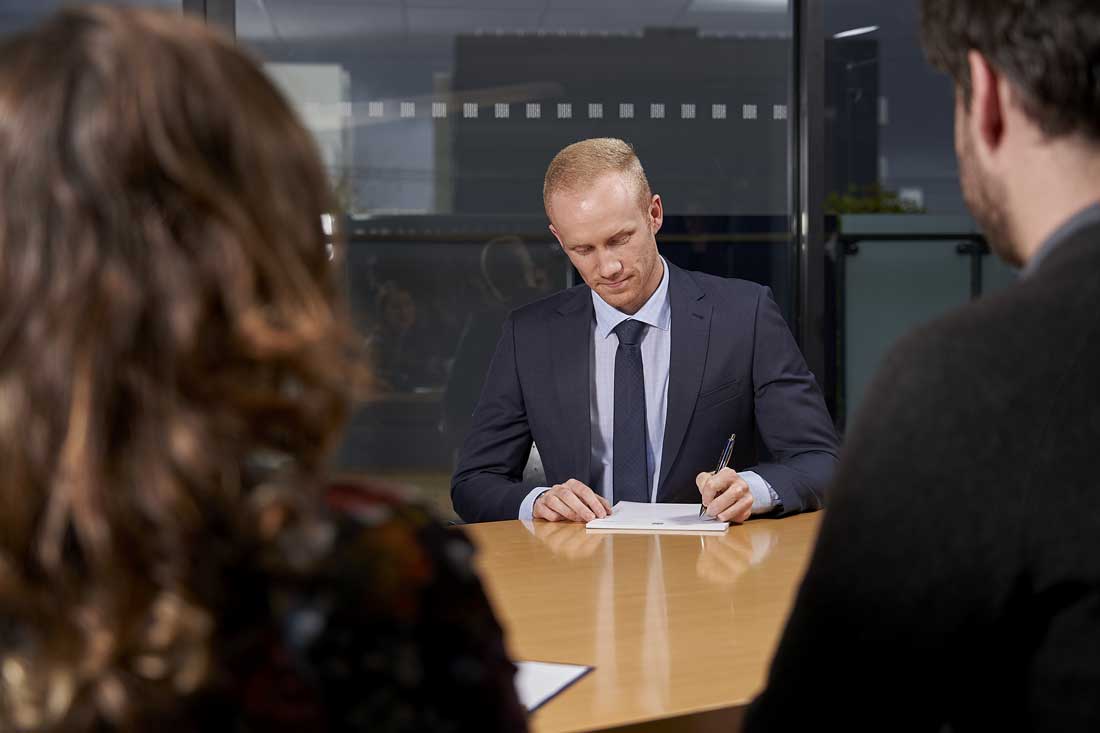Divorce is painful but it doesn’t have to be emotionally or financially destructive.
When it comes to divorce and separation, there are many ways of resolving your family law matter without going through the costly, stressful and exhausting Family Law Court process. Mediation is an excellent alternative to the traditional court-based approach to family law disputes, allowing both parties to reach an agreement they both own quickly, with less tension, and often with lower legal costs.
There are several sorts of mediation in family dispute resolution.
With one type of divorce mediation, the parties see a mediator or, if there are children, a counsellor and the mediator who guide them through the process. It is always best to have legal advice about your likely best and worse outcomes and how to effectively present what you want at mediation before entering the mediation process.
Another very helpful style of mediation is a collaborative approach. With a collaborative divorce, lawyers assist you in negotiating and resolving your family law dispute in a positive and civilised way. With this model:
- Most contact is face-to-face so productive negotiations can happen quickly, with you, your partner and your two lawyers present (although you may choose to negotiate by letter). Occasionally, a counsellor or financial expert may help guide the meetings.
- You, your partner and both of your lawyers sign a binding agreement that outlines the scope and purpose of the lawyer’s representation: to help both of you problem-solve and reach a negotiated agreement with outcomes that meet the needs of both parties.
- You and your partner will agree not to take the matter to court or to make threats along those lines.
- Your respective lawyers will also agree not to act for you both in court should you be unable to reach an agreement.

Benefits of Collaborative Divorce
With a collaborative divorce, everything is on the table for both parties to see. This team approach is best for people who want to act in good faith, who want a good result for both sides, and who are willing to be transparent with their assets.
There are significant benefits to choosing a collaborative divorce over a traditional court-based approach:
1. No winners or losers
In litigation, the focus is on winning but with a collaborative divorce, there are no winners or losers. Instead, the focus is on the preservation of family relationships, and you and your partner work together to come to a solution that is both beneficial to your children and mutually acceptable to both of you.
2. Faster agreements and fewer legal costs
The collaborative process is all managed outside of the courtroom, eliminating the need for expensive and time-consuming hearings. While litigated cases can last from six months to several years, a collaborative divorce can be done far quicker and typically at a much lower cost.
3. Less stress and anxiety
A collaborative divorce or separation is private and focused on helping you and your partner communicate effectively with one another, as opposed to attacking each other. Your lawyers will work with you to address legal, financial, emotional and parenting aspects of divorce in a healthy way, saving you and your family a lot of grief and stress.
Not only will you and your partner have more control over the outcomes of the process, but you’ll decide on the terms of your agreement and settle issues based on compromise and fair play, rather than having a judge pass down the final decision.
How can DBH help with your divorce or separation
DBH Lawyers’ team of experienced family lawyers can help you through all stages of the mediation process. We can advise you about the process and which approach is best for you. We can also assist you with strategies going into mediation, advice during the mediation process, and with recording the agreements reached at mediation in a legally binding way.
If you’re frustrated with the idea of lawyers negotiating through letters without a chance to move things forward by meeting with your spouse, collaborative mediation may be an excellent option to help you resolve your matter.
A collaborative mediation process allows you to own your agreement and build better communication as separated parents or partners to move forward productively.

